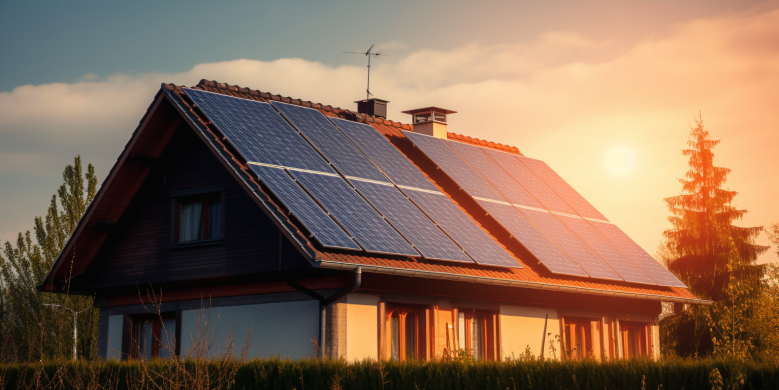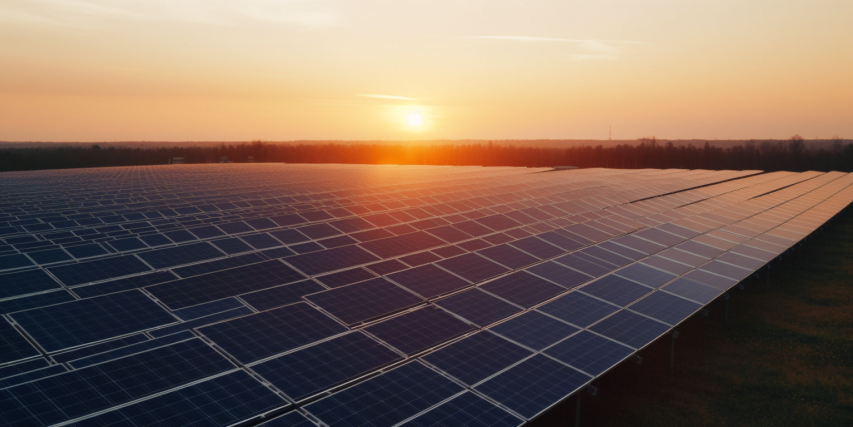
Myth #1: Solar energy is too expensive.
Fact: While the initial costs of installing solar panels may be higher than other energy sources, solar energy can save you money in the long run. Solar panels generate electricity from the sun’s rays, which is a free and abundant resource. By generating your own electricity, you can potentially reduce or eliminate your monthly energy bills. In addition, there are various incentives and financing options available to help you pay for the initial installation costs.
Myth #2: Solar panels don’t work in cloudy or rainy weather.
Fact: Solar panels can still generate electricity on cloudy or rainy days, although they may be less efficient. Solar panels are designed to capture and convert sunlight into electricity, and they use photovoltaic cells to do this. These cells are made of silicon and are coated with a thin layer of phosphorus, which helps to convert sunlight into electricity. Even on cloudy or rainy days, there is still some sunlight present, and the solar panels are able to capture and convert it into electricity.
Myth #3: Solar energy is not reliable.
Fact: Solar energy is a reliable source of electricity. While the sun does not shine all the time, solar panels are able to store excess energy in batteries for use during times when the sun is not shining. In addition, solar panels have a long lifespan and are designed to withstand extreme weather conditions. With proper maintenance, solar panels can last for decades.
Myth #4: Solar panels are ugly and will ruin the appearance of my home or business.
Fact: Solar panels come in a variety of styles and sizes, and they can be customized to blend in with the appearance of your home or business. In fact, many people find solar panels to be attractive and modern. In addition, solar panels can be installed on rooftops, ground-mounted systems, or even integrated into building materials, allowing for a wide range of design options.

Myth #5: Solar energy is not widely used.
Fact: Solar energy is a rapidly growing source of electricity and is used in many countries around the world. In the United States, solar energy accounts for about 2% of total electricity generation, and this figure is expected to increase in the coming years as more and more people and businesses switch to solar. In addition, many businesses and government organizations are using solar energy as a way to reduce their energy costs and carbon footprint.
Overall, solar energy is a reliable, cost-effective, and environmentally-friendly source of electricity. Don’t let myths about solar energy deter you from considering it as an option for your home or business.
